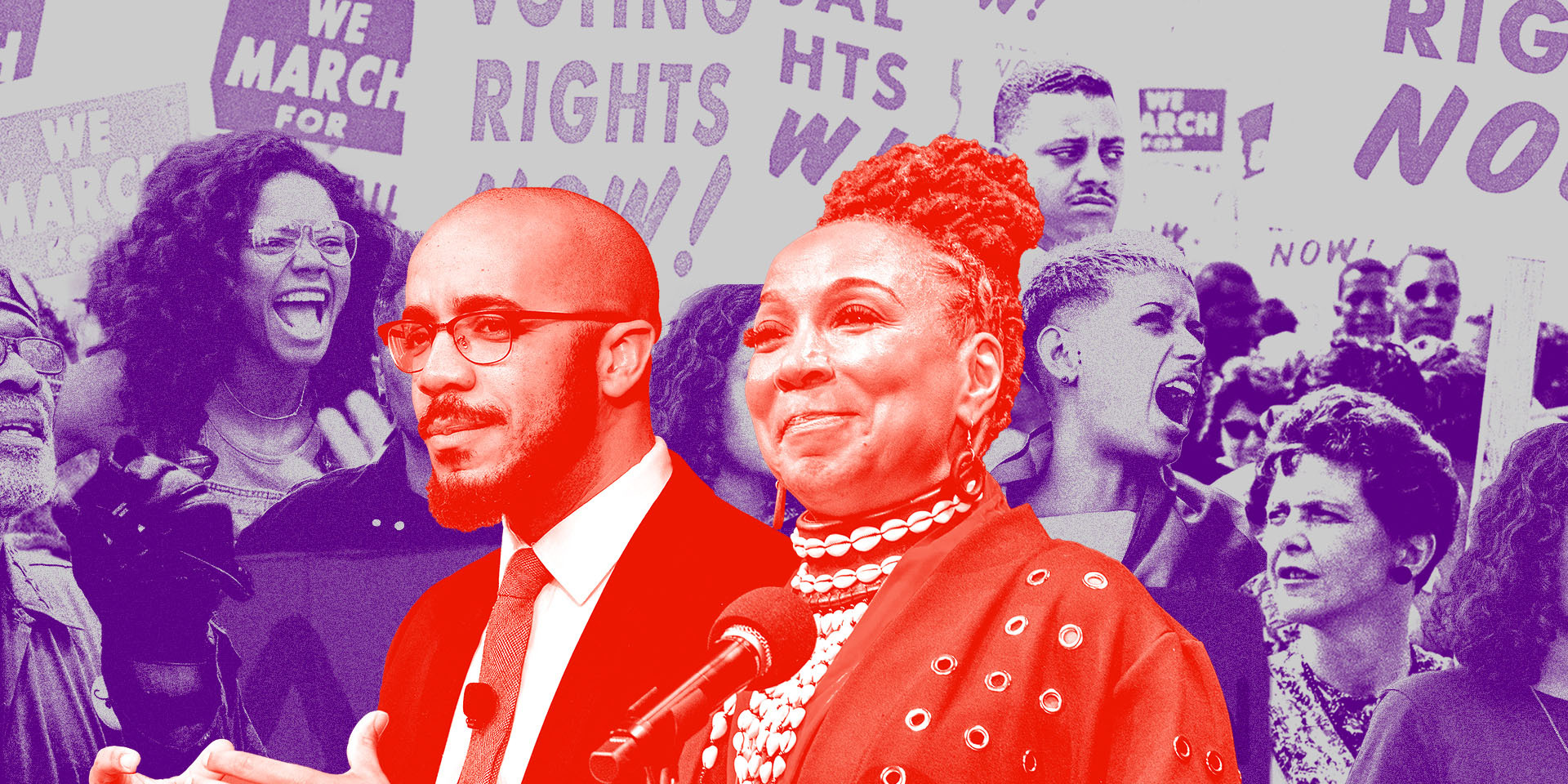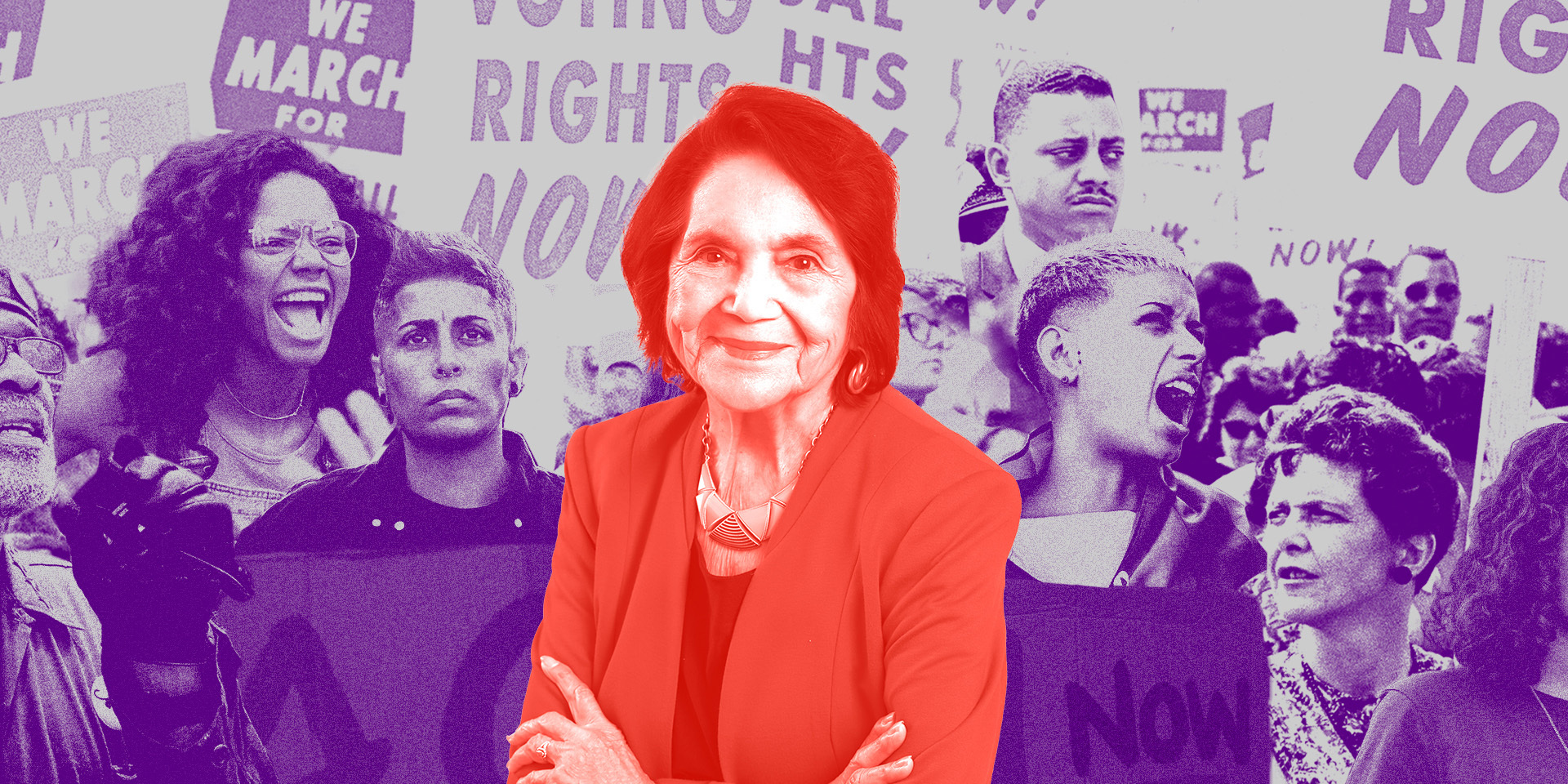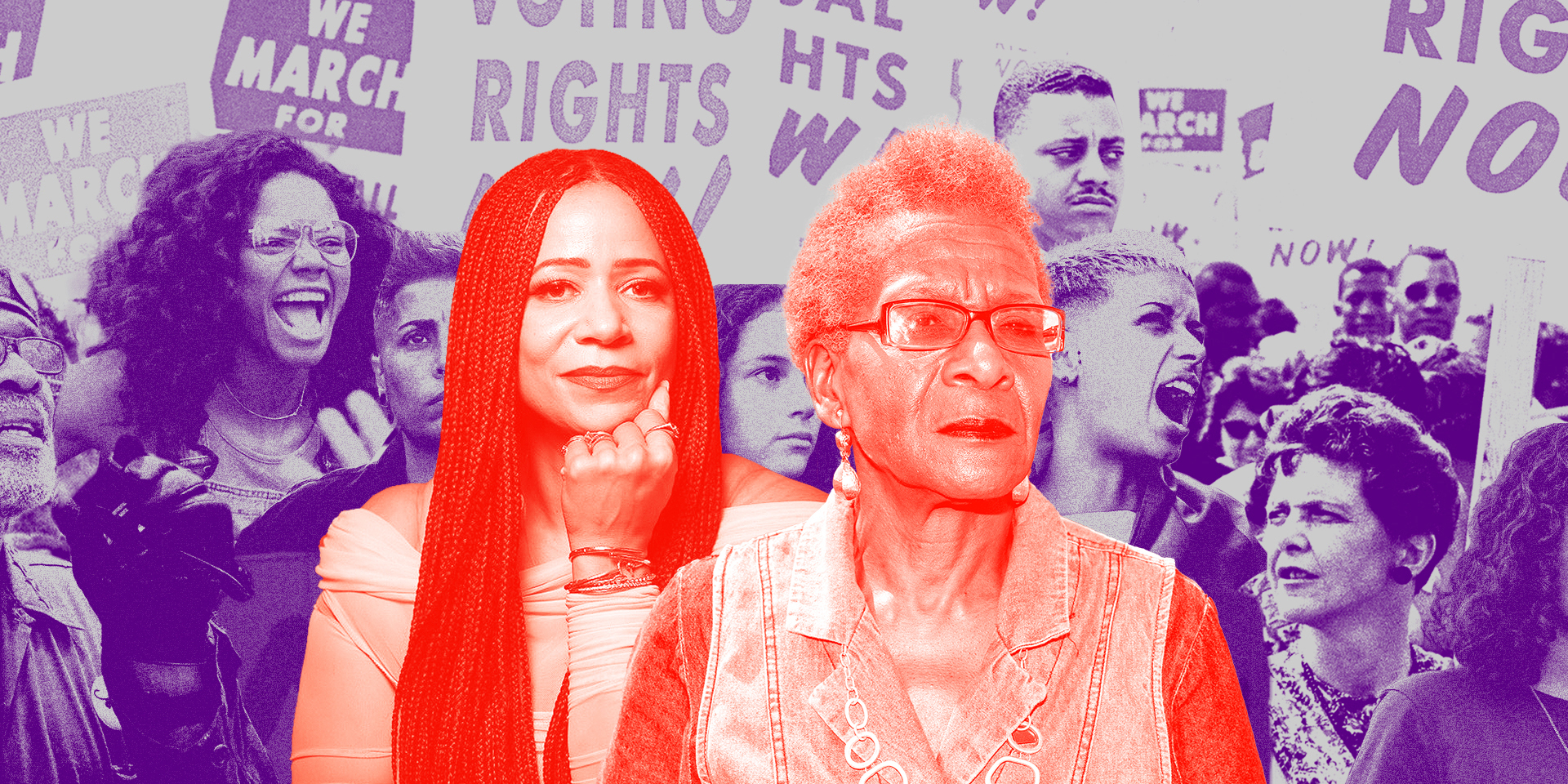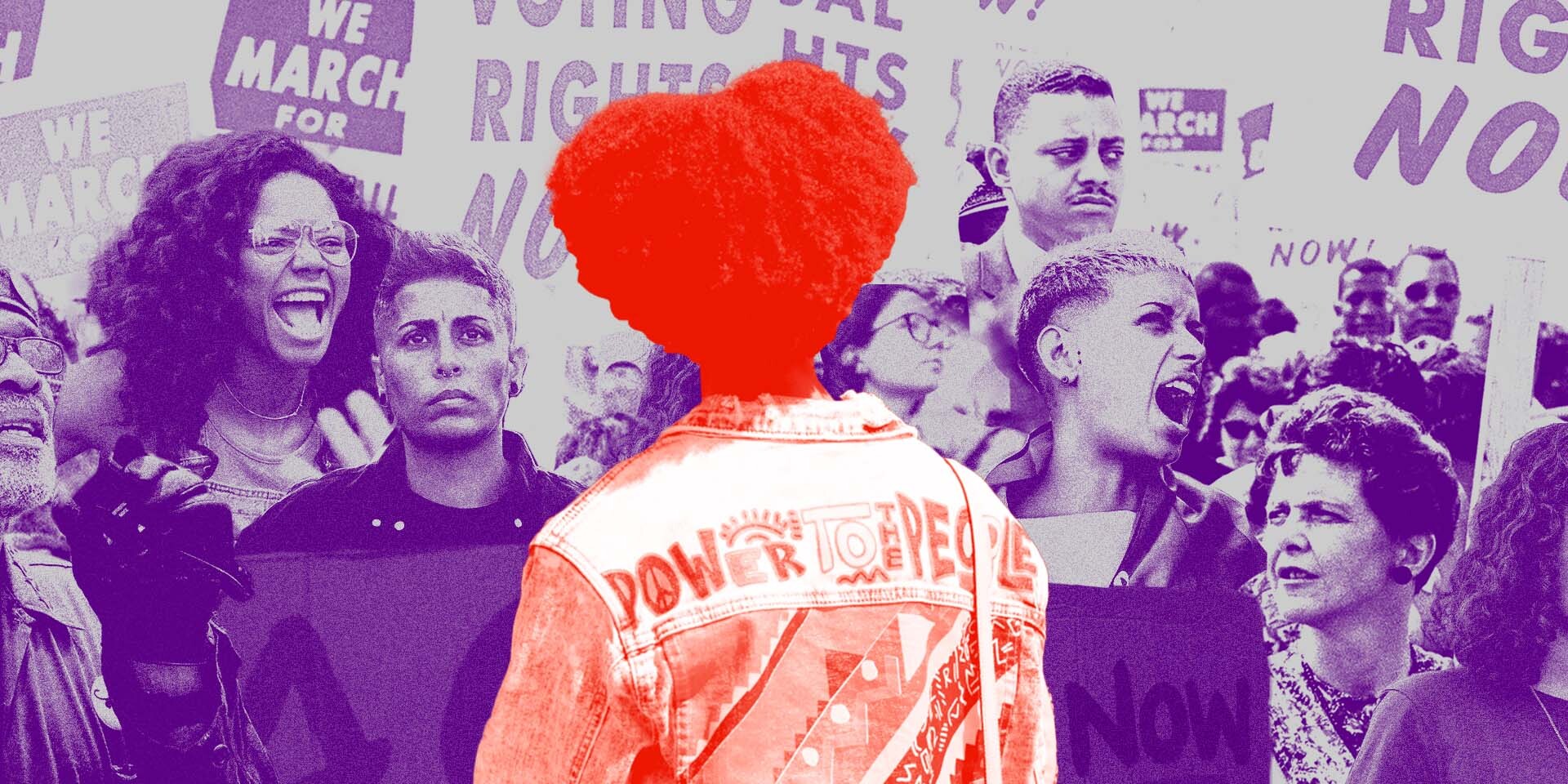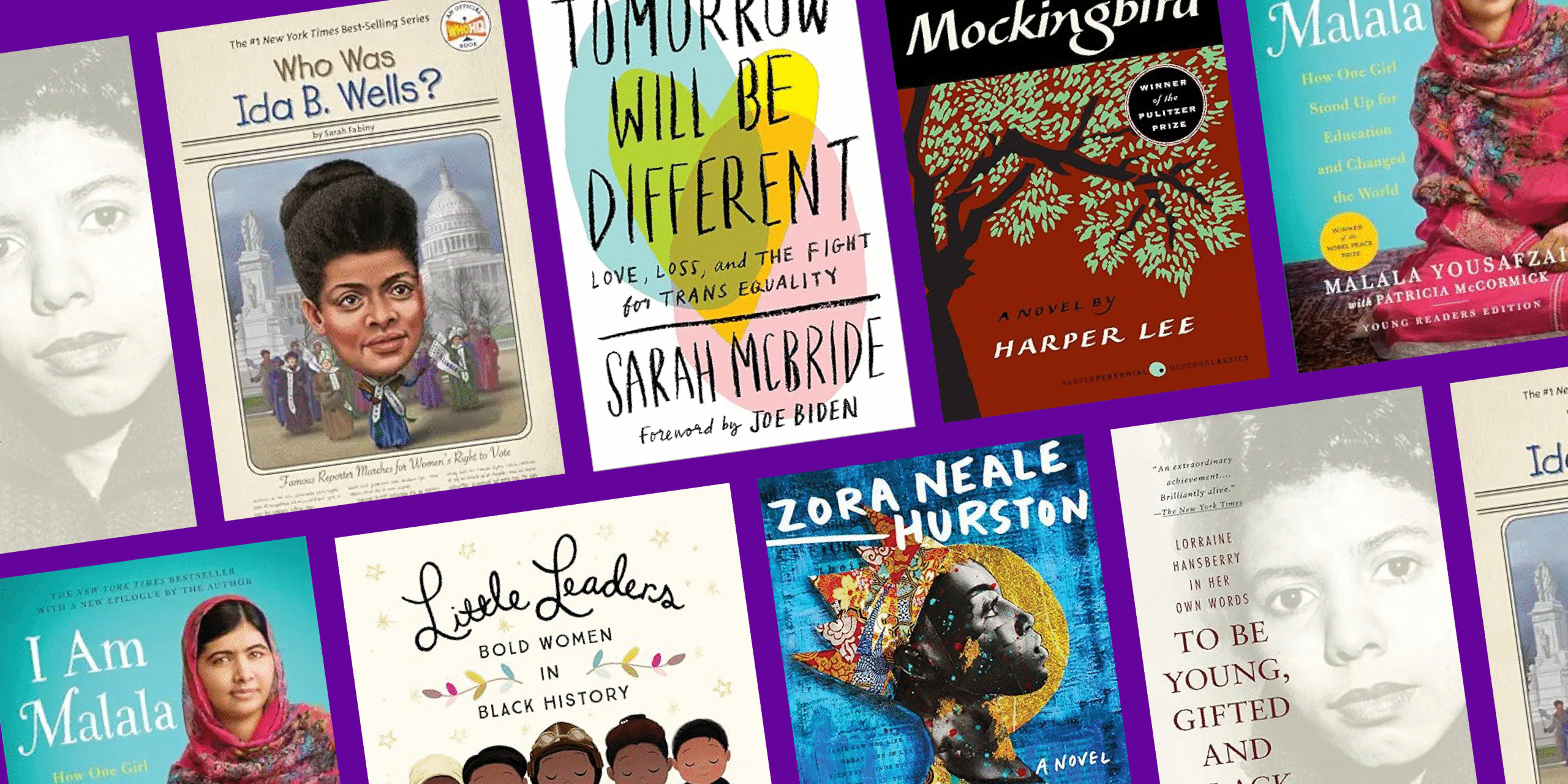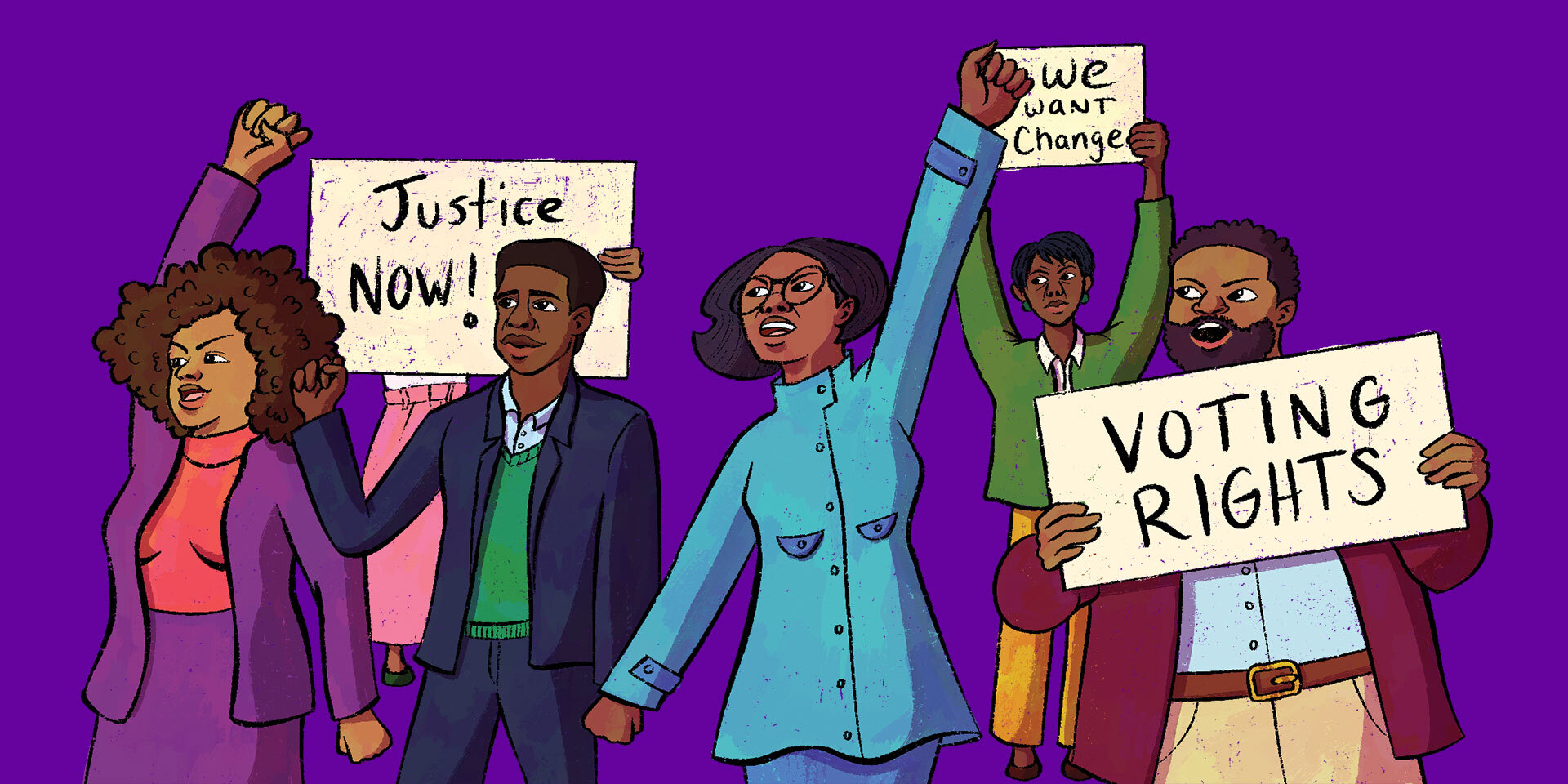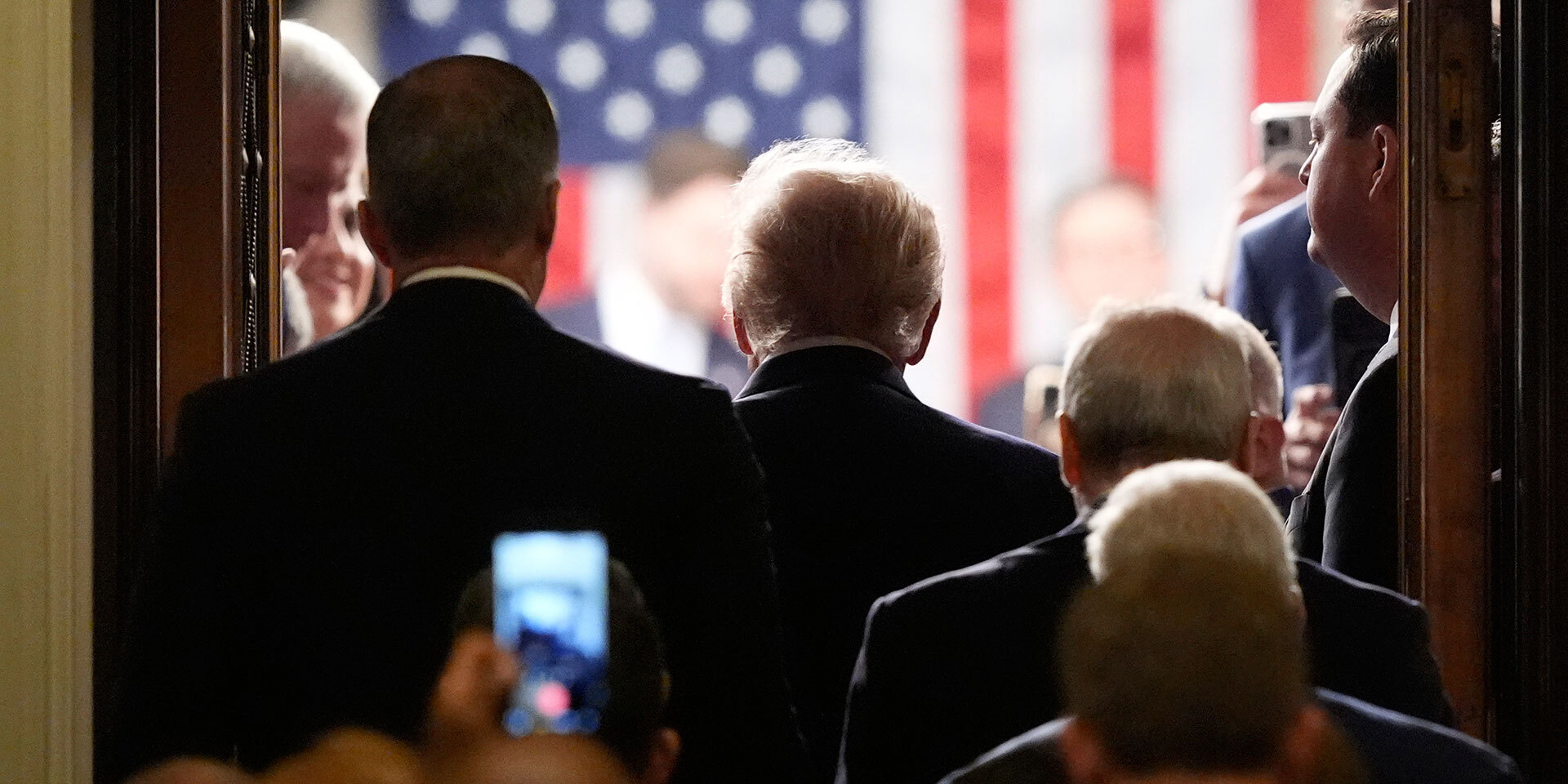As students across the country head back to school, they’re facing a coordinated campaign to rewrite — or erase — Black history from classrooms. But educators, authors and activists aren’t backing down. In the latest episode of the Southern Poverty Law Center’s Apathy Is Not an Option podcast, host Alexandria Beightol speaks with two powerful voices pushing back and fighting to tell the full truth: educator Kimberlé Crenshaw and author Clint Smith.
As our society faces threats, from book bans and legislation that is against inclusive education to the rise of white Christian nationalism, this episode explores what’s at stake in our schools and what it will take to protect our stories, our history and our future.
Teach the truth
Crenshaw, a legal scholar and writer, joins the show to break down the historical roots of today’s censorship. She connects the dots between attacks on “critical race theory,” originalism in the courts and efforts to erase America’s past to make it “great again.”
“You erase the truth, you erase the frameworks that hold the truth, like intersectionality and critical race theory,” Crenshaw says. “You ban the books that hold the truth, like the story of Ruby Bridges.”
During the podcast, she shares her personal experiences growing up, relating how a Black female teacher with a big Afro changed the course of her life in an educational system that tried to erase Black identity. Crenshaw urges listeners to fight back with the same fire that followed the first Reconstruction because this moment is a clear retrenchment of rights and narratives.
“We are fighting about what’s going to happen for the rest of the century,” Crenshaw says in the podcast.
They want us silent. Raise your voice at every school board meeting, every town hall, every ballot box.
History is not just the past
In his portion of the podcast, Smith refuses to let America forget. He brings us into his classrooms and family stories, reminding us how structural racism is embedded not only in laws and policies but also in the spaces we inhabit. His writing and teaching confront the violence of erasure. He reminds us that history isn’t just about the past. It’s alive in our institutions, neighborhoods and bodies.
He reflects on the Louisiana State Penitentiary at Angola, a former plantation now turned prison for mostly Black men, and what it tells us about this country’s willful amnesia.
“For the people incarcerated at Angola, history isn’t a metaphor,” Smith says in the podcast. “It’s in their bones.”
He challenges the myth of bootstraps and the lie that hard work alone can overcome centuries of theft and exclusion.
Smith makes it clear: If your grandparents got the benefits of the New Deal and mine didn’t, we’re not starting from the same place. Period.
Entire systems were built to hide the truth. Teach the truth everywhere, to everyone, to tear them down.
A power grab, not just a culture war
Banning books is about control. It’s a coordinated attack on truth, power and progress.
Want real tools to push back? Visit LearningForJustice.org for resources to help teach the truth and challenge injustice.
Cassandra Douglas is the digital director for the SPLC and executive producer of the SPLC’s Apathy Is Not an Option podcast.
Photo illustration at top: In the latest episode of Apathy Is Not an Option, Clint Smith, left, and Kimberlé Crenshaw discuss how they’re pushing back against efforts to erase Black history from classrooms. (Credit: Getty Images/Icon Sportswire/Paul Marotta/Jodi Hunt)



